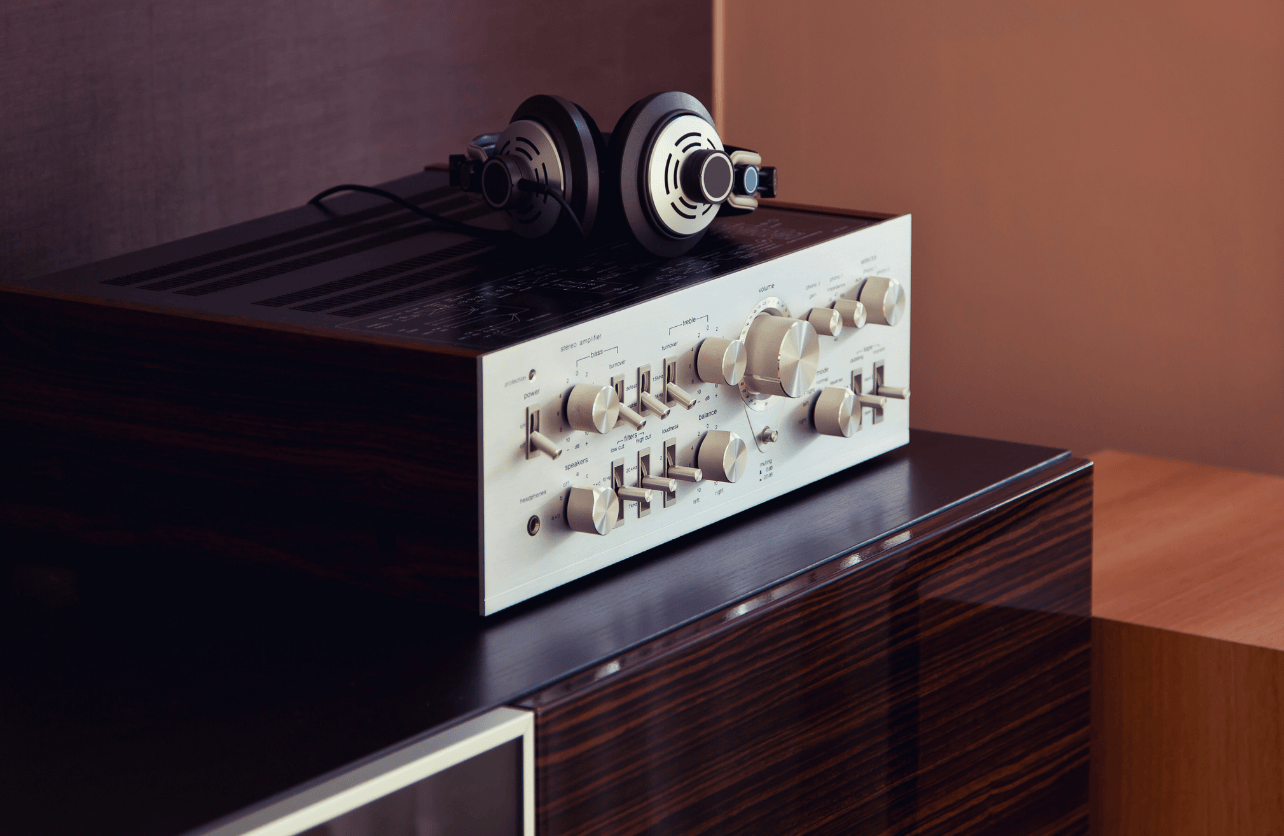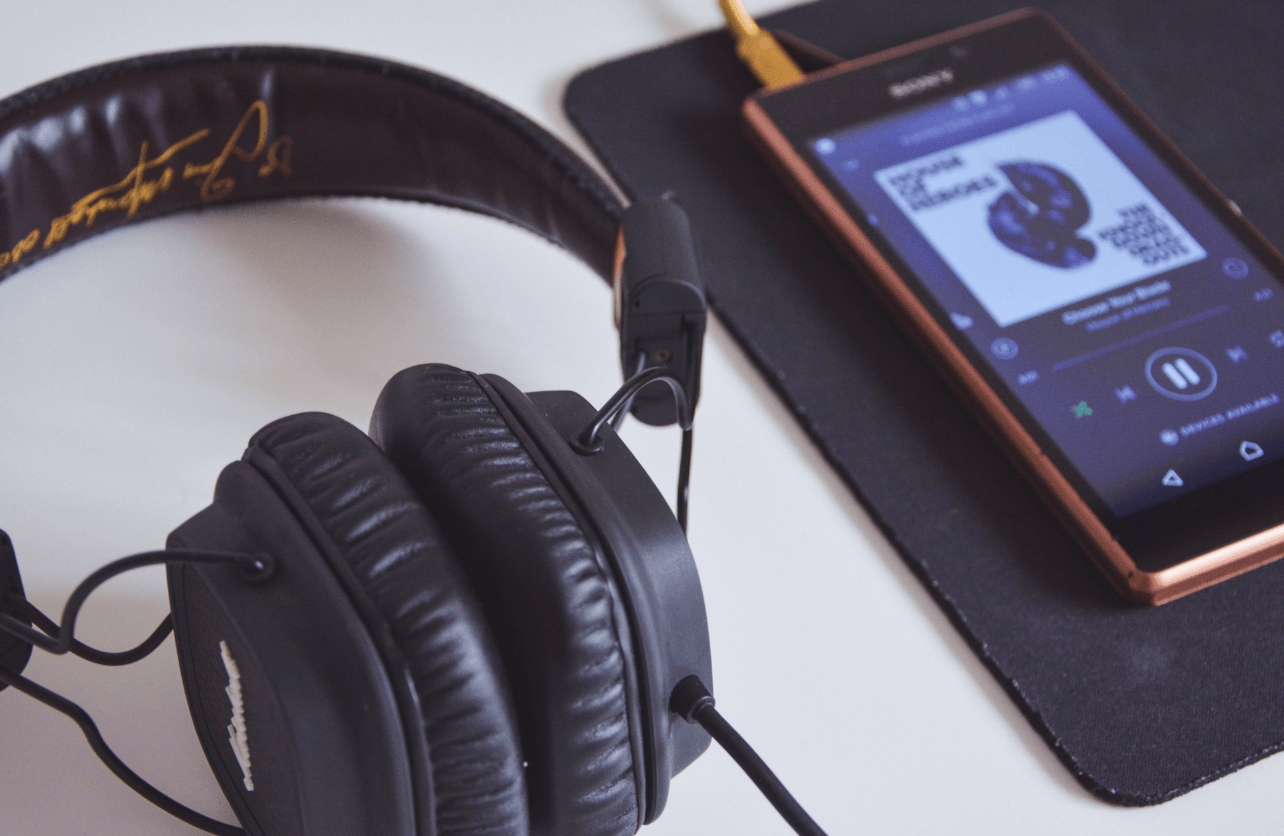Do High-End Headphones Require a Headphone Amplifier?

Investing in high-end headphones is a serious commitment, especially if you’re looking for superior sound quality and an immersive listening experience. But alongside that purchase, many audiophiles wonder: Do you really need a headphone amplifier to make the most of premium headphones? The answer isn’t a simple yes or no—it depends on factors like impedance, sensitivity, and your audio source.
Understanding Impedance and Sensitivity
To figure out if your high-end headphones need amplification, the first step is understanding their impedance and sensitivity.
- Impedance (measured in ohms) refers to how much resistance headphones present to the electrical current coming from your audio device. High-impedance headphones (usually above 100 ohms) require more voltage to reach optimal volume levels.
- Sensitivity (measured in decibels per milliwatt, dB/mW) describes how efficiently headphones convert an electrical signal into sound. Low-sensitivity headphones typically require more power to produce clear, loud audio.
Most high-end headphones lean towards higher impedance and lower sensitivity, making them more demanding than entry-level models.
When a Headphone Amplifier Makes a Difference
1. High-Impedance Headphones
Many flagship headphones—such as the Sennheiser HD800S (300Ω) or Beyerdynamic DT 1990 Pro (250Ω)—fall into the high-impedance category. Without a dedicated amplifier, they often sound underpowered, flat, or lacking in dynamics. Plugging them directly into a smartphone or laptop will rarely deliver their full potential.
2. Low-Sensitivity Headphones
Even if a pair of headphones has a manageable impedance, low sensitivity can result in low volume levels and lackluster sound when connected to weaker sources. An external amplifier ensures there’s enough clean power to drive these headphones properly.
3. Source Device Limitations
Most consumer devices like phones, tablets, and laptops come with basic built-in amplifiers that are designed for efficiency, not power. They’re typically capable of driving lower-impedance headphones, but struggle with high-end models. You’ll hear distorted or thin sound, or you’ll max out the volume and still wish it was louder.
If you’re using a dedicated DAC (Digital-to-Analog Converter) or high-quality audio interface without an amp, you’re not fully unlocking your headphones’ capabilities either. An external amp bridges that gap.
What Benefits Does a Dedicated Amplifier Offer?
Even beyond sheer power, a headphone amp can enhance your listening experience in several ways:
- Improved Sound Quality: Better amplification often results in richer detail, tighter bass, and a more dynamic soundstage.
- Lower Distortion: Amplifiers reduce unwanted distortion, especially when listening at higher volumes.
- Proper Damping Factor: A low output impedance amp gives the headphone drivers better control, resulting in faster transients and cleaner sound.
- Volume Headroom: You’ll have more usable volume range without worrying about noise or clipping.
When You Can Skip the Amp

That said, not all high-end headphones demand an external amp. Some modern models—like the Focal Clear MG or Sony WH-1000XM5—are designed with lower impedance and higher sensitivity, making them relatively easy to drive straight from a phone or laptop. These headphones are built to balance portability with high-end audio.
If you primarily listen casually on mobile devices or your headphones are marketed as “portable-friendly,” you might not need an amp.
So, Do You Need One?
The short answer: If your headphones have high impedance or low sensitivity or you want the absolute best sound quality, a headphone amplifier is essential. It’s the only way to ensure your premium headphones perform at their intended level.
However, if you’ve invested in high-end cans designed to be efficient and portable, and you’re satisfied with your current setup’s output, you may be able to skip the extra hardware.
At the end of the day, it’s about matching your gear to your listening environment. For those serious about extracting every nuance from their music library, adding a quality headphone amplifier to your setup is almost always worth it.
Your Trust, Our Core Commitment
At Rising Tech, earning and maintaining your trust is the cornerstone of our mission. We're dedicated to transparency, impartiality, and the relentless pursuit of truth in every article, review, and recommendation we publish. Our commitment to these principles ensures that you, our valued reader, are always equipped with reliable and unbiased information. Let us be your trusted guide in the ever-evolving world of technology.